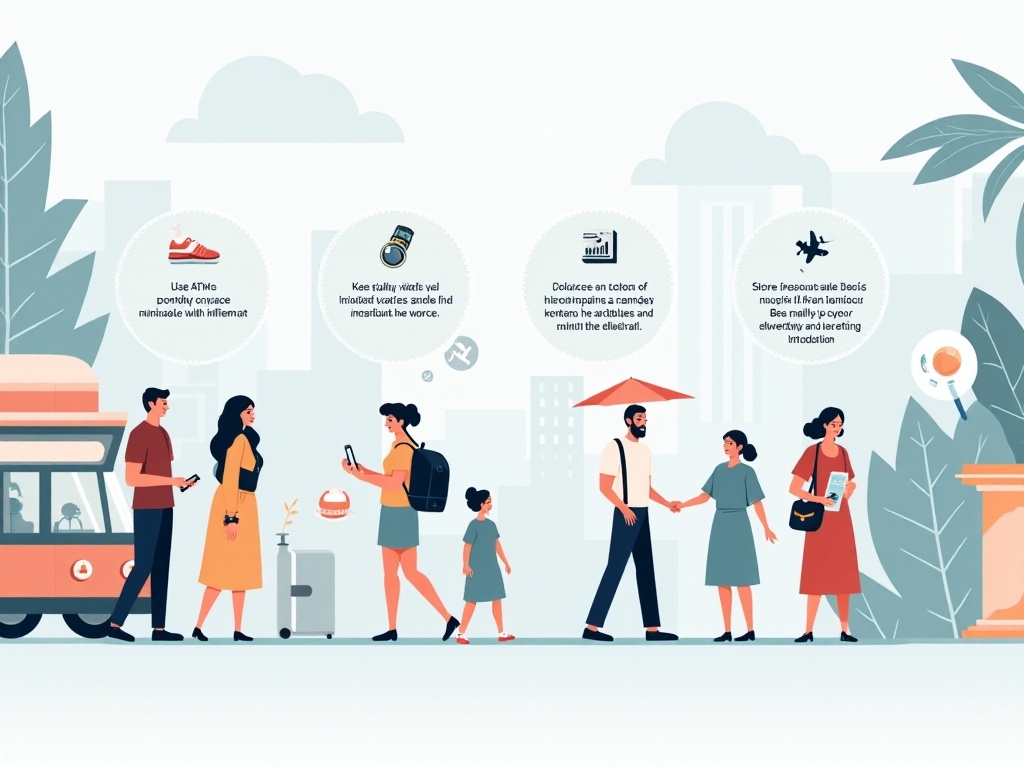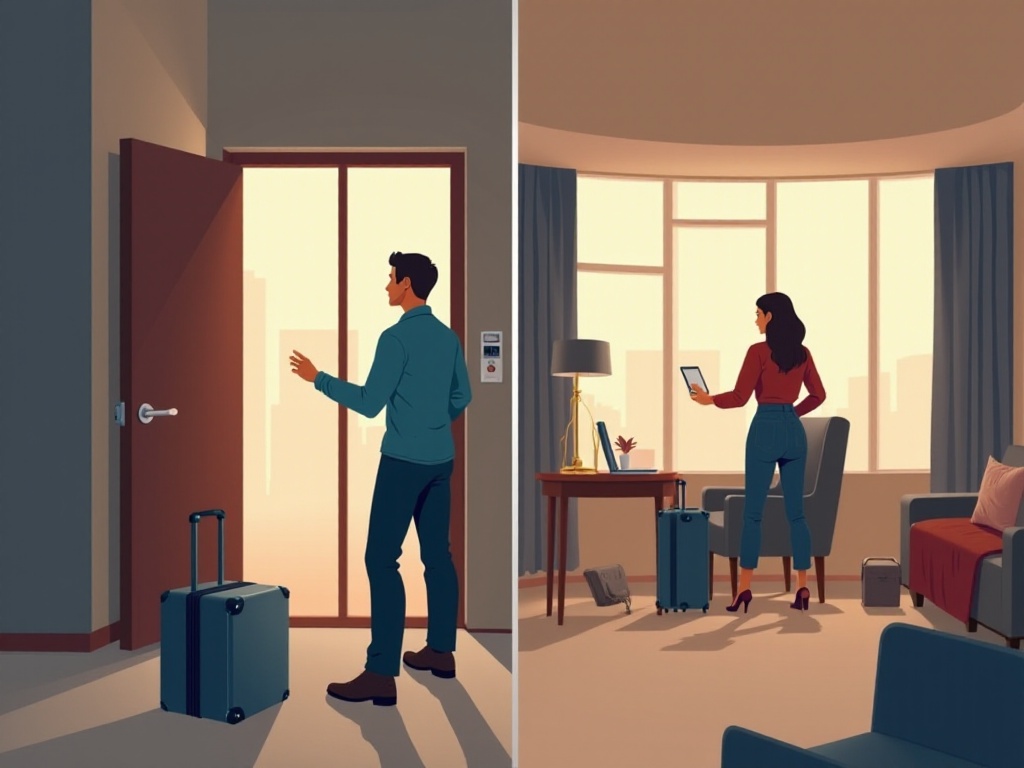
First Arrival
From the moment I set foot in Japan, I knew the upcoming study abroad experience would be unforgettable. I remember that day, dragging two overweight suitcases around Narita Airport like a headless fly. To be honest, even though I had done a lot of preparation, I still felt a bit lost when I actually arrived. The airport signs were mostly in Japanese and English, but thankfully I had memorized common Japanese words beforehand, otherwise I would have been completely lost.
The first few days in Japan were full of adjustments, even basic convenience store shopping felt novel. The clerks spoke incredibly fast, and I could only keep nodding and saying "はい" (yes). The most embarrassing moment was my first convenience store visit when the cashier asked if I wanted my food heated up. I didn't understand and ended up taking home cold rice balls, what a frustrating experience!
However, the initial excitement and novelty were truly special. I remember being amazed by Tokyo's streetscape when I first saw it, with all the neon signs and skyscrapers. The streets were surprisingly clean, and while people walked quickly, everything was orderly - not the crowded chaos I had imagined. Walking alone at night, even though I was in an unfamiliar place, I felt strangely safe.
What to Look for When Choosing Housing
Choosing housing is truly a learning experience. I paid a lot of "tuition fees" before figuring things out. At first, I was mesmerized by those professionally edited photos online. The rooms looked sunny and spacious, and the prices seemed reasonable. But when I went to see them in person, I discovered that photos can lie, and they lie very well.
For example, I once found an apartment in Shinjuku that looked particularly bright in photos, with a large balcony. I eagerly went to view it, only to discover there was a 24-hour izakaya next door and a small garbage transfer station downstairs. It wasn't too bad during the day, but at night it was a nightmare. Drunk customers were loudly chattering, and the smell from the garbage station would drift up occasionally - nothing like the peaceful residence shown in the photos.
I later realized that you must inspect properties in person, preferably at night. Why at night? Because you can discover many issues that aren't visible during the day. For instance, you can check the security situation, whether there are drunk people wandering the streets; if the street lights are bright enough, whether the path home is too dark; what the neighbors are like, whether they throw parties late at night.
Another crucial point is checking the orientation and natural lighting of the apartment. Japanese apartments are generally small, and poor lighting can make them feel more cramped. My current apartment faces south, and although it's not large, it's filled with sunlight, which really improves my mood.
Transportation convenience is also a crucial factor when choosing housing. I recommend selecting a place close to subway or bus stations, which makes commuting to school or going out much more convenient. My apartment is about a 7-minute walk from the nearest subway station. While not the most ideal location, the price is reasonable, and the route home through residential areas feels safe at night.
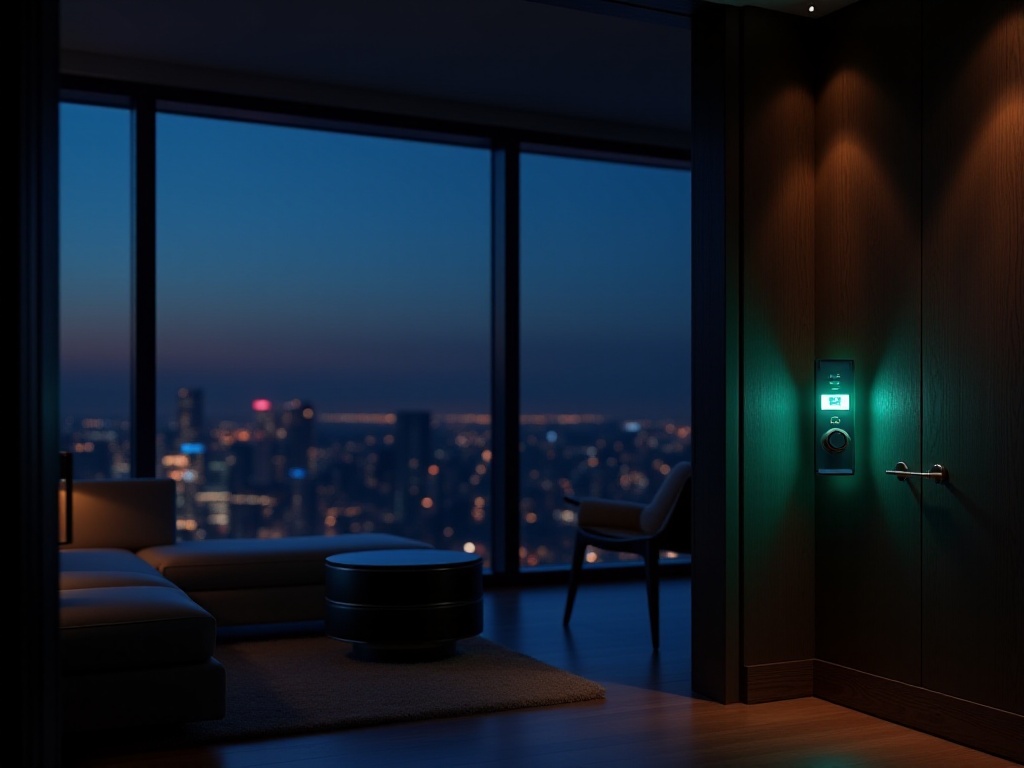
Security Details
Regarding security, I really must thank my landlord. Not only is he a nice person, but he's also very attentive. On my first day moving in, he spent nearly an hour teaching me how to use various security features.
The Japanese door lock system is really sophisticated. My room has triple protection: an outer mechanical lock, a middle electronic password lock, and an inner security chain. At first, I thought it was too troublesome, having to open three locks every time I came home, like solving some kind of puzzle. But an incident later completely changed my mind.
One night, there was a break-in attempt in our neighborhood. Although the thief was quickly caught, the incident still gave me cold sweats. Since then, I've never found these security measures bothersome, rather I'm grateful for the high security level of my apartment.
Speaking of keys, I must share an embarrassing experience. Once while showering, I habitually left my keys on the shoe cabinet in the entryway. After finishing my shower, I went out to take out the garbage in my pajamas, and the door accidentally clicked shut... At that moment, my mind went blank. Standing in the hallway in pajamas, without phone or keys, even with wet slippers. I had to call the landlord to open the door, and it was extremely embarrassing.
Since then, I've hung a prominent reminder by the door saying: "Before leaving, please check: 1. Keys 2. Phone 3. Wallet." Some might think this is childish, but prevention is better than cure. Plus, calling a locksmith in Japan if you're locked out isn't cheap - it costs at least 10,000 yen.
Besides door locks, window security is also important. My room is on the second floor, and although it's not very high, the landlord installed security bars on all windows. The windows are sliding type with two locks, making them very secure. Every night before bed, I carefully check if all windows are locked - it's become a habit.
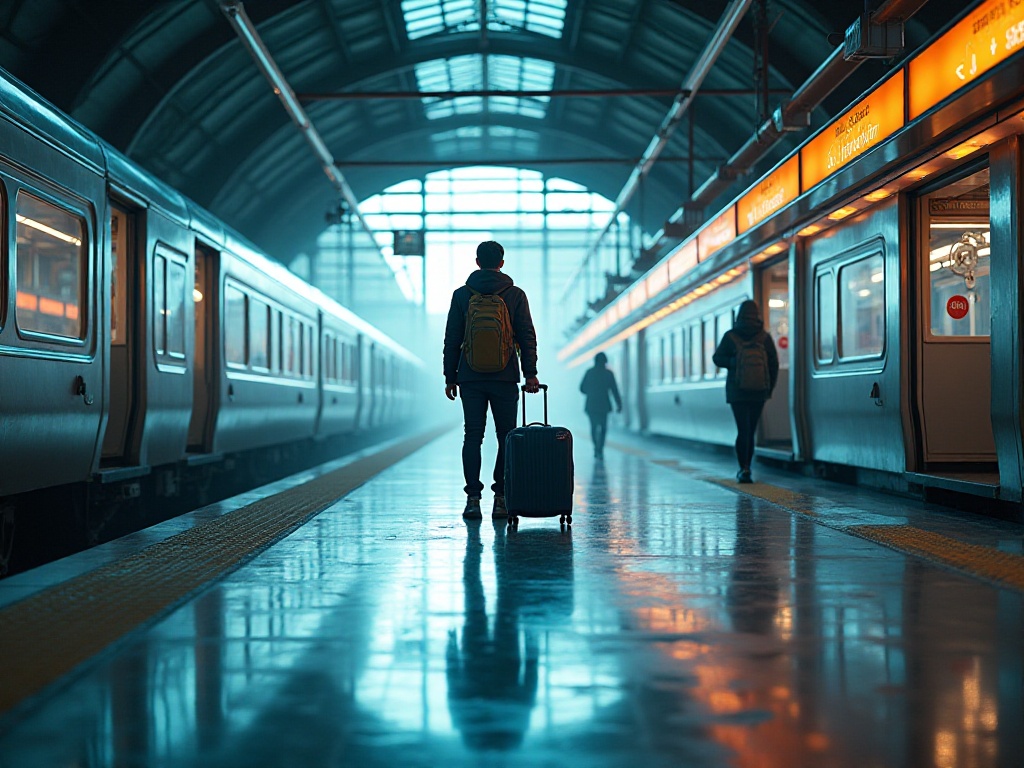
Financial Matters
After coming to Japan, my approach to money management changed significantly. Back in China, I used to stuff my wallet with all sorts of cards - bank cards, membership cards, transit cards, student ID - basically anything that would fit. I also carried cash without much thought about the amount.
But after coming to Japan, I learned to budget carefully and control risks. Now my wallet only contains the most essential cards: one transit card (Suica or PASMO), one credit card, and no more than 20,000 yen in cash. Why? Because when you're in a foreign country, safety comes first. Although Japan's public safety is very good, if something unexpected happens, it's best to minimize potential losses.
Regarding payment methods, I've noticed an interesting phenomenon. Japan is a highly developed country, but many Japanese people, especially the middle-aged and elderly, still prefer using cash. Perhaps cash gives them a more tangible sense of spending. However, young people are increasingly turning to electronic payments, with methods like PayPay and LINE Pay becoming very popular.
When shopping at convenience stores or supermarkets, I usually use mobile payment. It's not only convenient, but many stores also offer promotional activities. For example, using PayPay often gets you cashback or points. Electronic payments also have the advantage of clearly recording your spending habits. At the end of each month, I review how much I've spent and on what, which helps me better plan my budget.
Opening a bank account in Japan is also worth discussing. I opened my account at Japan Post Bank (ゆうちょ銀行) during my first week here. I chose this bank because their ATMs are nationwide and their fees are relatively low. To open an account, you need your passport, residence card, student ID, and a seal (はんこ). Although many banks now accept signatures, having a seal is still convenient.
One important financial advice is to get overseas insurance. Although Japan's medical care is excellent, it's not cheap. Without insurance, a simple cold consultation could cost several ten thousand yen. I got student insurance through my school, paying about 70,000 yen annually in premiums, but it covers 70% of medical expenses, which is quite worthwhile.
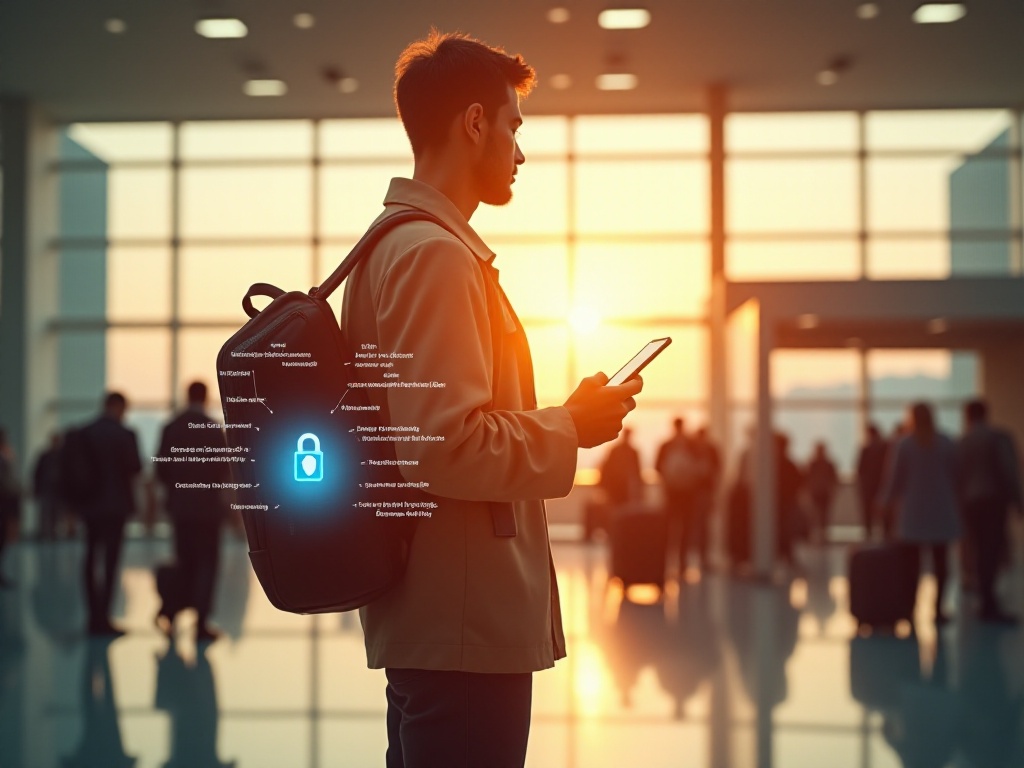
Life Tips
Living in Japan, safety awareness is crucial. Although Japan's public safety is excellent, necessary vigilance shouldn't be abandoned. I've developed many safety habits now, like checking doors and windows before bed, which has become almost reflexive.
Document management is also important. In Japan, foreigners must carry their residence card at all times - it's the law. However, important documents like passports should be kept safely at home. I suggest keeping copies or digital versions of all important documents on your phone. Why? Because if documents are lost, having backups helps with prompt handling.
I once experienced a frightening moment of lost documents. One day after visiting the city office, I discovered my passport was missing. I was terrified because replacing a passport is not only troublesome but expensive. Fortunately, I had previously photographed all my passport information pages and password-protected them. The passport was eventually found at the city office's lost and found - it was just a false alarm.
Here's a tip: I created an encrypted folder on my phone containing copies of my passport, residence card photos, insurance card copies, and other important documents. These files are password-protected and regularly backed up to the cloud. This way, even if my phone is lost, this important information remains secure.
Regarding phones, I recommend getting a Japanese phone number. Although many people use international roaming, having a local Japanese number is important. Firstly for safety - you can quickly contact police or ambulance in emergencies. Secondly, many daily services require a Japanese phone number, like online shopping or opening bank accounts.
I got my phone number on my second day in Japan, choosing a Softbank plan. Although Japanese phone fees are more expensive than in China, the network quality is excellent. Many carriers now offer student-friendly plans with reasonable prices.

Emergency Prevention
Speaking of emergencies, my most memorable experience was losing my wallet. One day while shopping in Shinjuku, I discovered my wallet was missing when I got home. That moment of panic is hard to describe, as the wallet contained cash, bank cards, and my student ID.
However, I quickly calmed down, remembering Japan's lost and found system. In Japan, most people turn found items into police stations or nearby koban (police boxes). Japan's lost and found system is very efficient, with nationwide networking for easy inquiries.
Early the next morning, I went to the nearby police station. Surprisingly, my wallet was there! All the cash and cards were intact. The police told me an elderly gentleman had found it at the subway station and brought it to the station. This incident gave me a deeper appreciation for Japan's public safety and civic consciousness.
However, preventing accidents is still important. I've developed a habit of dispersing cash and cards in different places. For example, my everyday wallet only contains some change and most frequently used cards, while other cash and backup cards are kept at home. This way, if I accidentally lose my wallet, the loss won't be too severe.
Another important point is remembering emergency contact numbers. For example: 110 (police), 119 (ambulance and fire), the nearest police box number, bank card cancellation hotlines, etc. I save these numbers in my phone and also keep them written on paper in my wallet. Because if my phone dies or gets lost, I can still find needed contact information through this paper.
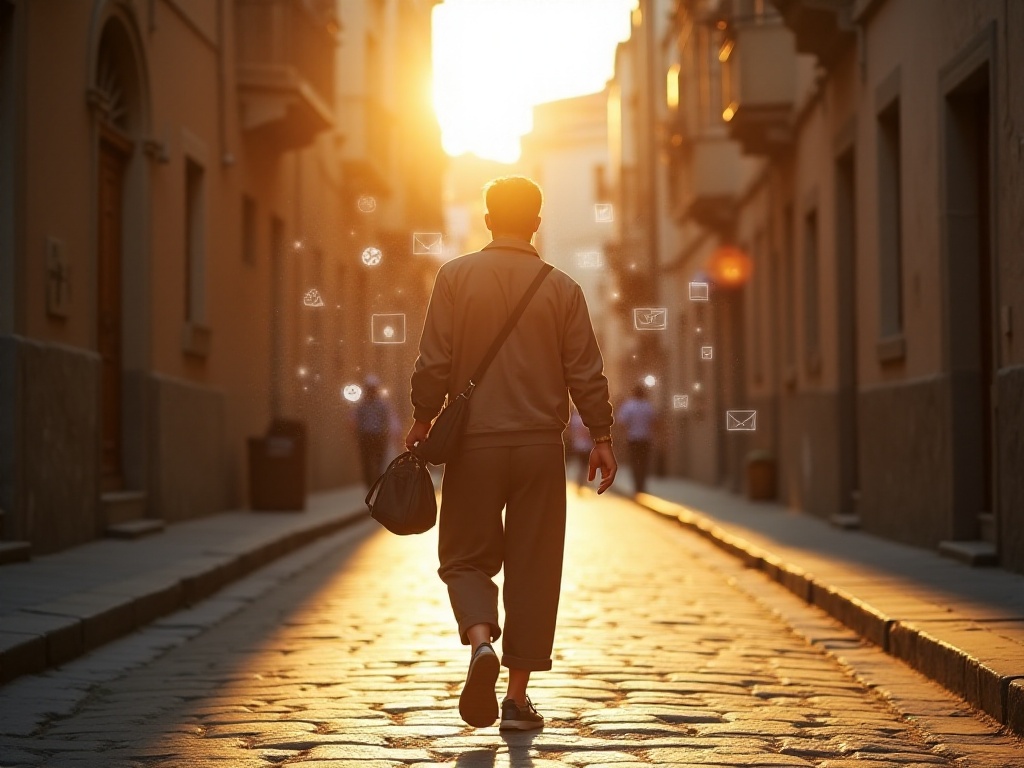
Concluding Thoughts
Looking back on these six months of living alone, I've learned so much. A sense of security doesn't come from nowhere - it's built through daily details. Every time I check doors and windows, verify my keys, or organize documents, I'm laying groundwork for my safety.
I especially want to tell future Japan-bound friends: don't completely let your guard down just because Japan is safe. Necessary safety awareness and preventive measures shouldn't be neglected. Between convenience and safety, always choose safety. For instance, when returning home at night, it's better to spend extra time taking main roads with more people than shortcuts through alleys.
Over these six months, I've experienced many firsts: first time living alone in a foreign country, first time handling various emergencies, first time learning to take care of myself. These experiences have helped me grow tremendously and taught me what true independence means.
Safety isn't just a concept - it needs to be implemented in every detail of life. From choosing housing to daily living, from financial management to accident prevention, every aspect is important. I hope my shared experiences can help others. Please feel free to share your own safety tips from living abroad in the comments section, so we can learn from each other and grow together.
Finally, I wish all students studying abroad safety and success, with many rewarding experiences!
Next
Essential Safety Guide for Solo Female Travelers in 2024: From Hotel Booking to Scam Prevention
A comprehensive guide covering travel safety aspects including accommodation security, personal belongings protection, and behavioral safety. Provides practical advice on lodging preparation, valuables management, document security, and scam prevention for travelers
Safety Guide for Solo Female Travelers Abroad: A Veteran Travel Blogger's 10 Years of Experience
A comprehensive travel safety guide covering pre-trip preparation, personal security, accommodation safety, and emergency readiness. Offers practical safety advice and best practices for travelers, from accommodation planning to fraud prevention
First Time Traveling to Japan Alone? Don't Miss These Essential Preparations! A Comprehensive Guide
A comprehensive guide covering essential travel safety preparations, including document management, luggage security, accommodation safety, and personal property protection, helping travelers minimize risks during their journey.
Next
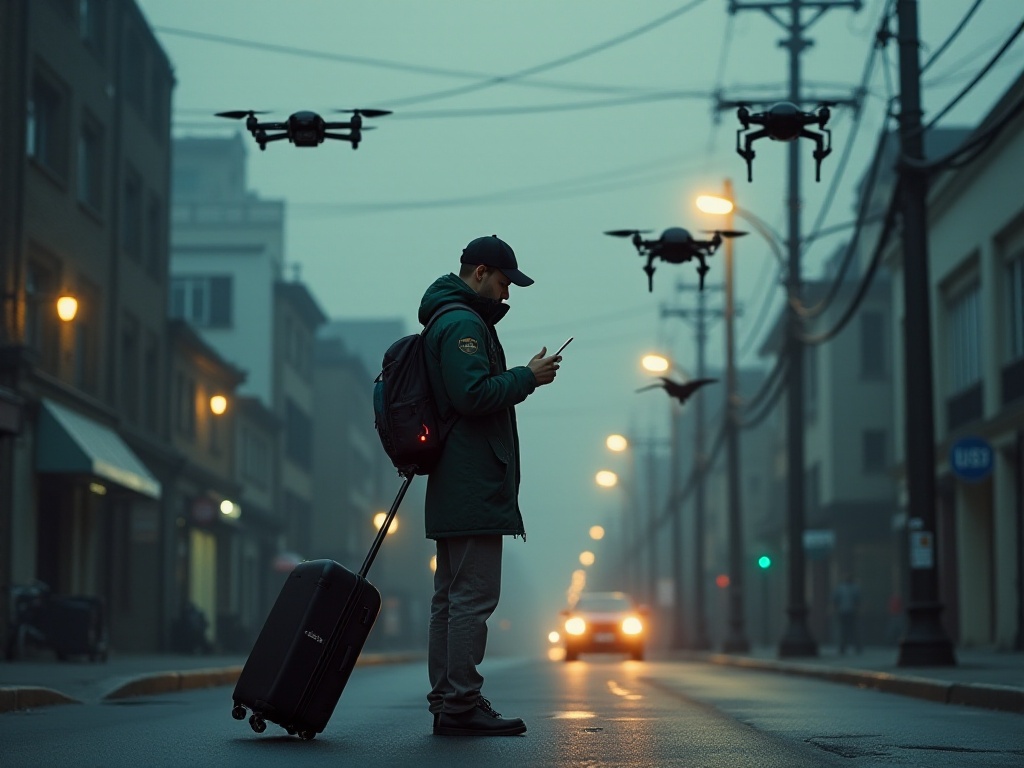
Essential Safety Guide for Solo Female Travelers in 2024: From Hotel Booking to Scam Prevention
A comprehensive guide covering travel safety aspects including accommodation security, personal belongings protection, and behavioral safety. Provides practical advice on lodging preparation, valuables management, document security, and scam prevention for travelers
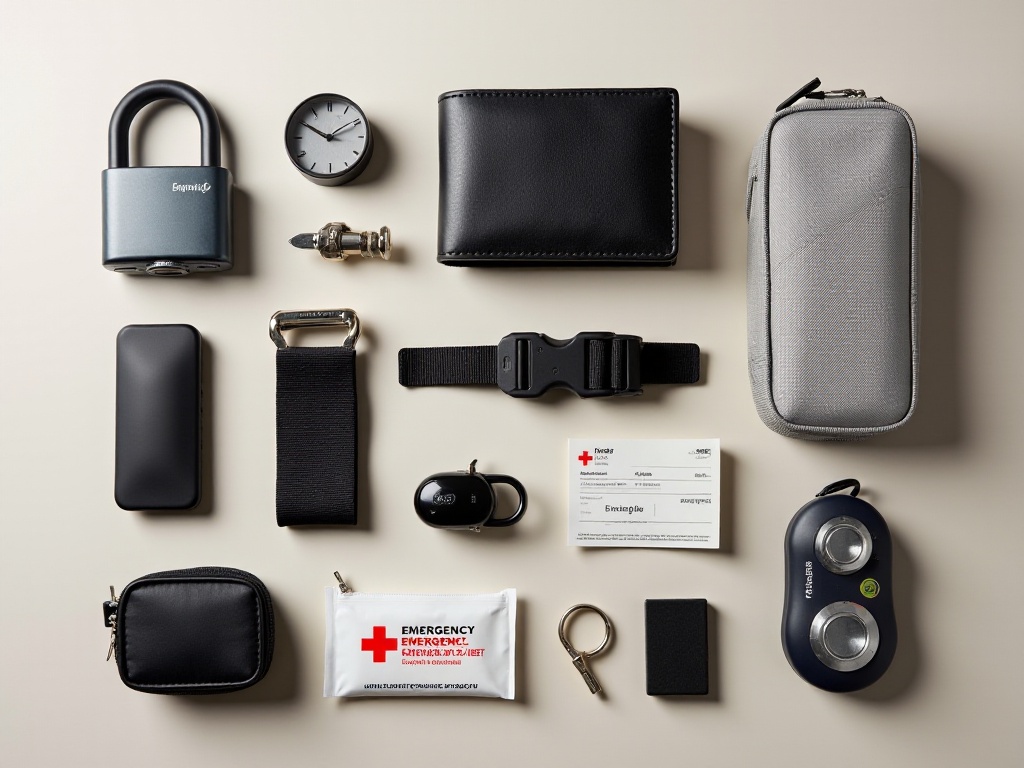
Safety Guide for Solo Female Travelers Abroad: A Veteran Travel Blogger's 10 Years of Experience
A comprehensive travel safety guide covering pre-trip preparation, personal security, accommodation safety, and emergency readiness. Offers practical safety advice and best practices for travelers, from accommodation planning to fraud prevention
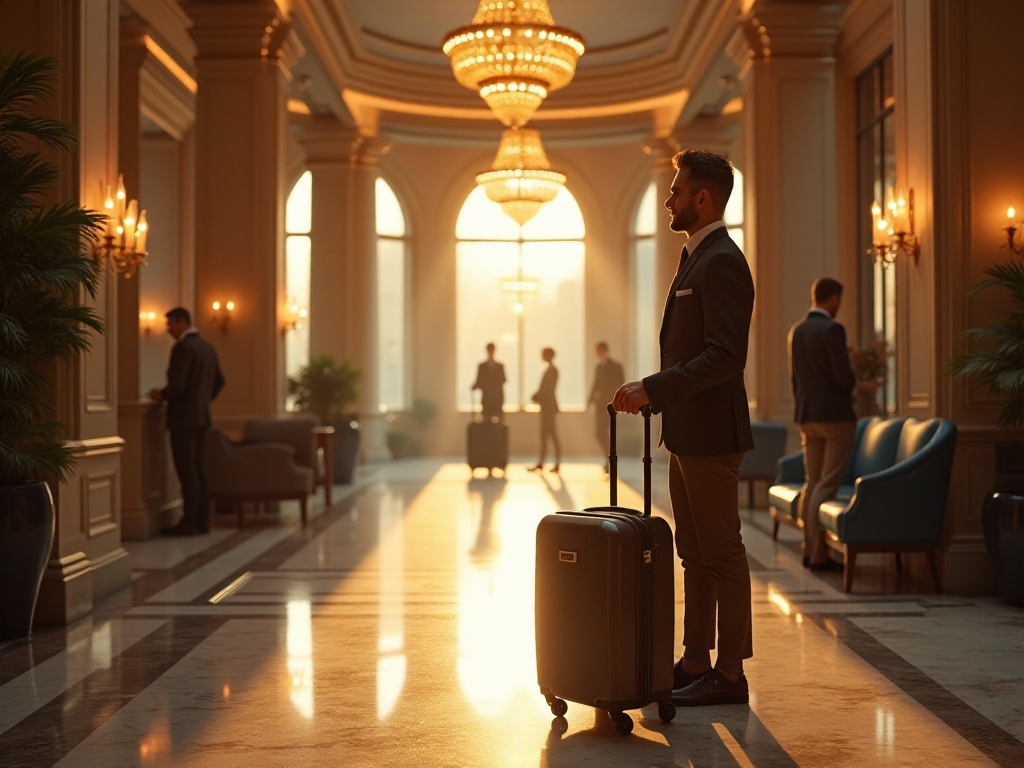
First Time Traveling to Japan Alone? Don't Miss These Essential Preparations! A Comprehensive Guide
A comprehensive guide covering essential travel safety preparations, including document management, luggage security, accommodation safety, and personal property protection, helping travelers minimize risks during their journey.

